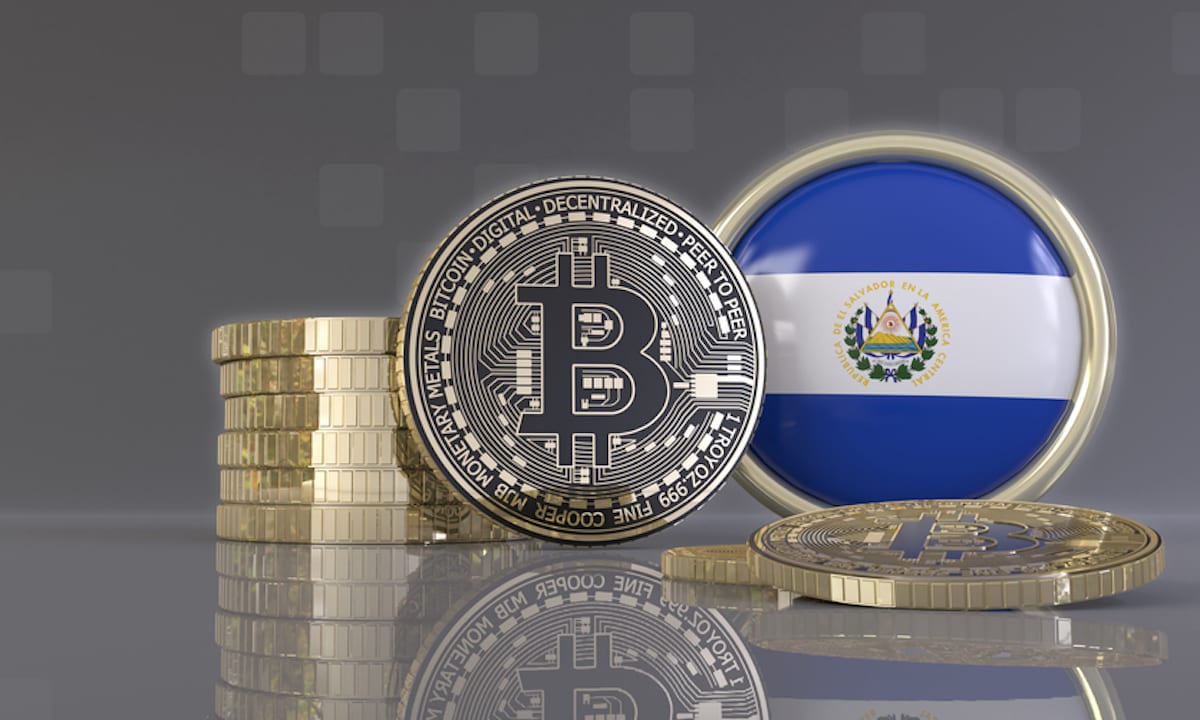Bitcoin adoption as a legal tender in El Salvador is all anyone can talk about presently in the crypto space, and rightfully so. Tuesday, September 7th will see the small North American country become the first to use bitcoin as legal tender. The reactions to the move have been both positive and negative. But the president and government of El Salvador have remained steadfast in their resolve to see the country be the first to use crypto as an official currency.
Related Reading | Bitcoin Miners And Oil Producers To Discuss Crypto-Mining Opportunities
Nigel Green, the founder of one of the world’s leading financial institutions, deVere, has publicly shown support for this move. The CEO said that this move “ushers in the start of a new world,” while acknowledging that the nation was making history with this adoption. Green also predicts other nations are bound to follow in the steps of El Salvador following its success with the implementation. “It’s almost universally recognized that the future of money is inevitably digital, in some form or another,” Green added.
Ahead of its official adoption, President Nayib Bukele revealed in a tweet that the country had just bought its first 200 Bitcoins, making it the first sovereign nation to officially buy bitcoin, with plans to purchase more coins as the deadline approached. The price of bitcoin promptly surged past $52,000 following the announcement.
BTC price traded north of $52,000 following President Bukele's announcement | Source: BTCUSD on TradingView.com
Cautiously Welcoming The Bitcoin Move
Although bullish on the adoption, the CEO maintains a cautious position when it comes to Bukele’s bitcoin law. There are some risks associated with picking a cryptocurrency as legal tender for the country given the country already uses the U.S. dollar as legal tender. Adding bitcoin to the mix would give the country two legal tenders operating side by side. Green lays out how this could be a problem for the nation.
Related Reading | Why U.S. Senator Elizabeth Warren Thinks Crypto Is “The New Shadow Bank”
Since El Salvador still uses a currency issued by another country, it cannot print currency of its own accord. The dollars in the nation have to be earned or borrowed from its native country to make it available in the country. Thus leading to significant risks with bitcoin adoption. “There is a possibility that El Salvador could run out of dollars and that institutions, such as the IMF, might not look favorably on a nation that has adopted Bitcoin,” says Green.
Related Reading | Congressman Presents Crypto Law Project In Panama. What Does It Say, Exactly?
This was one of the reasons that sparked protests in El Salvador against the adoption of Bitcoin as legal tender in the country. But the CEO sees the bitcoin move positively affecting the country’s economy in the long run when it comes to inflation, devaluation, and buying power.
“Bitcoin operates on a global scale, and is, as such, largely impacted by wider, global economic changes. Second, central banks around the world have been devaluing their currencies, while Bitcoin’s supply is not only limited but also new coins are minded at a decreasing rate too. El Salvadorans would, therefore, find their new adopted currency gives them more purchasing power when they buy from overseas.”
What do you think about the adoption of bitcoin in El Salvador? Share your thoughts with us here.
Featured image from Coingape, chart from TradingView.com









